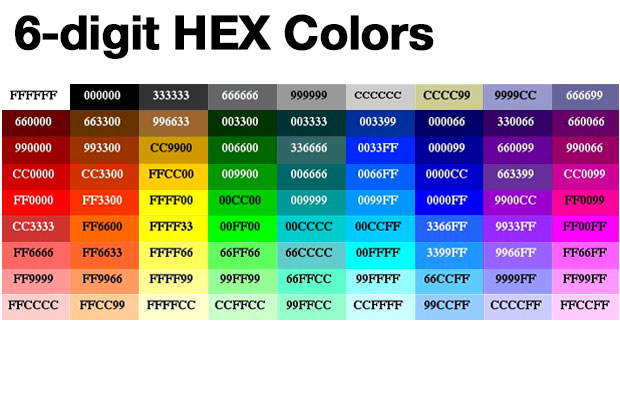
Each "fix" raised new issues so unless I can find a specific use case, it's not worth the effort.

Checks for non-BMP file types, bit depth > 16 and negative pixel widths and heights. Tried to provide more extensive and useful error messages for unsupported files.I got my copy from the default Ubuntu repository.License: MIT Opensource License (see license.txt) You can get Audacity here: Audacity download |.

It looks like Audacity will deliver a RAW stream for any type of file that it can read, including. The sample rate looked to be the same as that of the original file, in this case 44100/s, but of course that information isn't contained in the RAW audio file. I selected signed 16-bit encoding, and it delivered a file that looked right. I tested this using Audacity 2.0.5 under Ubuntu 14.04.

For example, you can look-up the WAV spec to see how the bytes in a 16-bit stereo file are stored.Ĭompressed formats are more complicated because the data has to to be encoded, and then when you play the file it has to be decoded back to a series of PCM sample values to be sent to your digital-to-analog converter. For an uncompressed audio file, you have to know the structure and byte order. You can think of any file as a series of bytes, and you can read/write those bytes in hex, decimal, etc. Or, if the value happens to represent an ASCII character, you can also print/display the ASCII character (even if the value isn't supposed to be an ASCII character) So for example, you can save a variable in decimal, and read it back in hex if you wish.

In C or C++ the format gets converted during input/output (usually to decimal or hex). Eeverything "inside" the computer (or microcontroller) is binary. It's actually binary so it can be easily read as hex or written from hex.


 0 kommentar(er)
0 kommentar(er)
